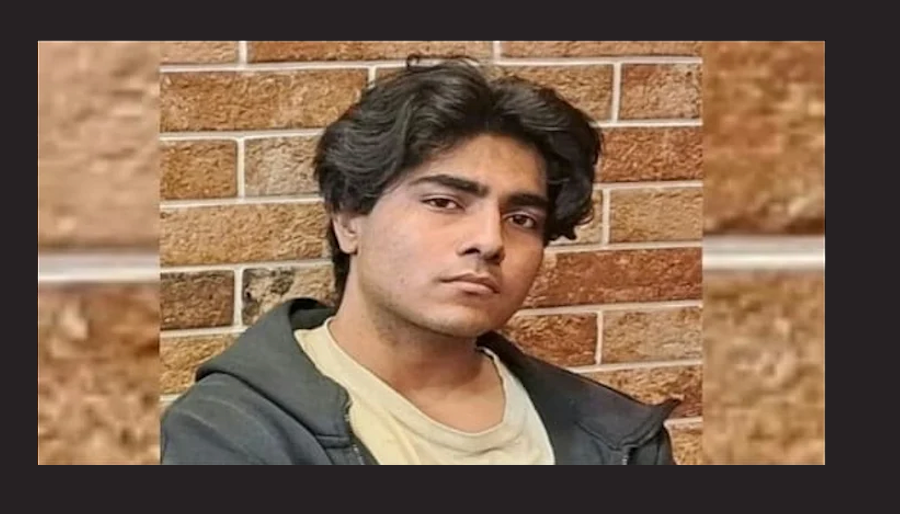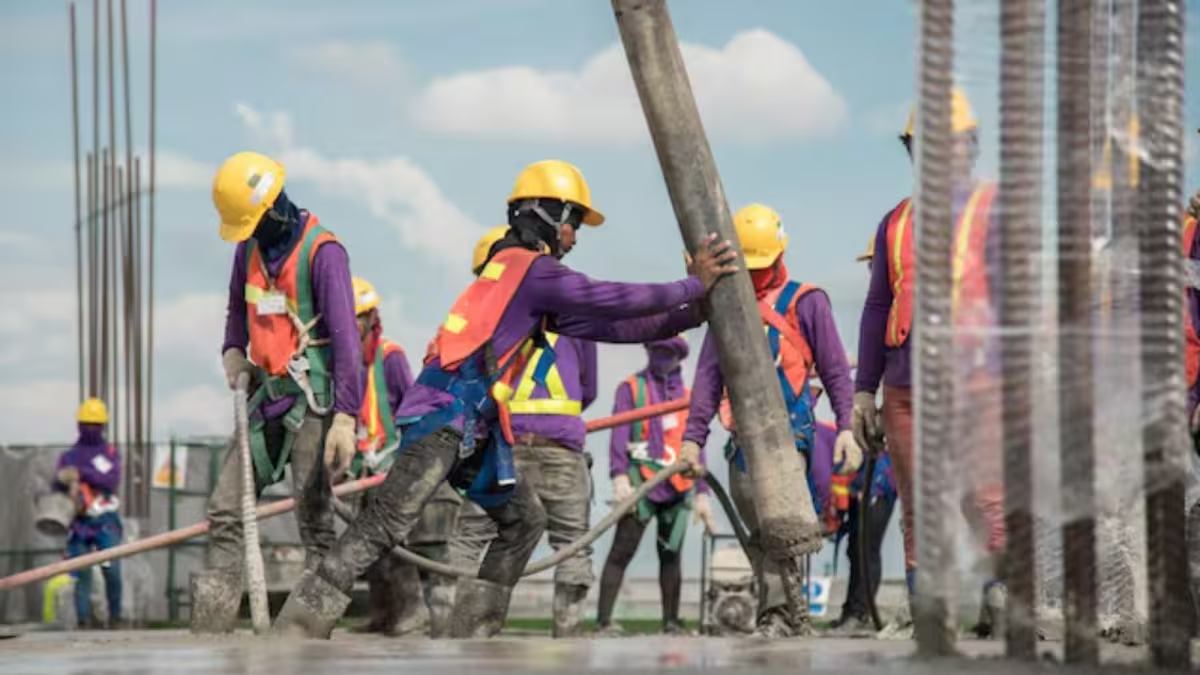Railway minister Vaishnaw visits accident site; says main focus now is rescue and relief operations
New Delhi: A train crash in Odisha on Friday, June 2, involving two superfast passenger trains and a goods train has claimed the lives of 238 person an with 650 persons injured, a report in The Tribune, Chandiigarh, says.
In one of the worst train crashes since Independence, the tragedy occurred when the Bengaluru-Howrah Superfast Express, the Shalimar-Chennai Central Coromandel Express and a goods train were involved in a collision.
The Prime Minister Narendra Modi is scheduled to visit the injured in a Odisha hospital where many of the injured are being treated. The PM has also convened a high-level meeting to review the relief and rescue operations underway for the affected passengers
Railway minister visits accident site
Railway minister Ashwini Vaishnaw on Saturday visited the train accident site in Balasore. Vaishnaw said their focus is on rescue and relief operations.
Rescuers work overnight at triple rail crash site
With gas torches and electric cutters, rescuers worked through the night to pull out survivors and the dead from the mangled steel of the three trains that derailed one on top of another in a horrific sequence.
Officials in Bhubaneswar said 200 ambulances, 50 buses and 45 mobile health units besides 1,200 personnel were working at the accident site. The bodies were being taken to the hospitals in all kinds of vehicles, including tractors.
UNGA President condoles train crash
The UN General Assembly President Csaba Korosi has expressed his deepest condolence to the families and the Government of India for the tragic train crash in Odisha.
“I’m deeply saddened to hear the news of the train crash in Odisha, India. My thoughts and prayers are with the victims, their families and with the emergency services. Heartfelt condolences to the people and the Government of India,” Korosi, the President of the 77th session of the General Assembly tweeted.
People queue up to donate blood for injured
After the accident, people queued up in Balasore to donate blood for the injured.
Opposition condoles loss of lives
Opposition party leaders, while expressing condolences over the death of more than 200 passengers in the Odisha train accident, have raised questions about the signalling system of the railways which purportedly led to the crash.
Here is a look at other major train crashes:
*On June 6, 1981, that India recorded its worst train accident which occurred in Bihar. A train fell into the Bagmati river while crossing a bridge, killing more than 750 people.
*On August 20, 1995, the Purushottam Express collided with the stationary Kalindi Express near Firozabad. The official death toll was 305.
*On November 26, 1998, the Jammu Tawi–Sealdah Express collided with three derailed coaches of the Frontier Golden Temple Mail in Khanna in Punjab, killing 212 people.
*August 2, 1999: The Gaisal train disaster occurred when the Brahmaputra Mail crashed into the stationary Avadh Assam Express at Gaisal station in North Frontier Railway’s Katihar division, killing more than 285 people and injuring over 300. Many of the victims were Army, BSF or CRPF personnel.
*November 20, 2016: The Pukhrayan train derailment occurred when 14 coaches of the Indore–Rajendra Nagar Express derailed at Pukhrayan, approximately 60 km from Kanpur, killing 152 people and injuring 260.
*September 9, 2002: The Rafiganj train wreck occurred when the Howrah Rajdhani Express derailed over a bridge on the Dhave river in Rafiganj, killing more than 140 people. Terrorist sabotage was blamed for the incident.
*December 23, 1964: The Pamban-Dhanuskodi passenger train was washed away by the Rameswaram cyclone, killing over 126 passengers.
*May 28, 2010: The Jnaneswari Express train derailment — The Mumbai-bound train had derailed near Jhargram and was then hit by an oncoming goods train, leading to the death of 148 passengers.
*******************************************************
Readers
These are extraordinary times. All of us have to rely on high-impact, trustworthy journalism. And this is especially true of the Indian Diaspora. Members of the Indian community overseas cannot be fed with inaccurate news.
Pravasi Samwad is a venture that has no shareholders. It is the result of an impassioned initiative of a handful of Indian journalists spread around the world. We have taken the small step forward with the pledge to provide news with accuracy, free from political and commercial influence. Our aim is to keep you, our readers, informed about developments at ‘home’ and across the world that affect you.
Please help us to keep our journalism independent and free.
In these difficult times, to run a news website requires finances. While every contribution, big or small, will makes a difference, we request our readers to put us in touch with advertisers worldwide. It will be a great help.
For more information: pravasisamwad00@gmail.com








